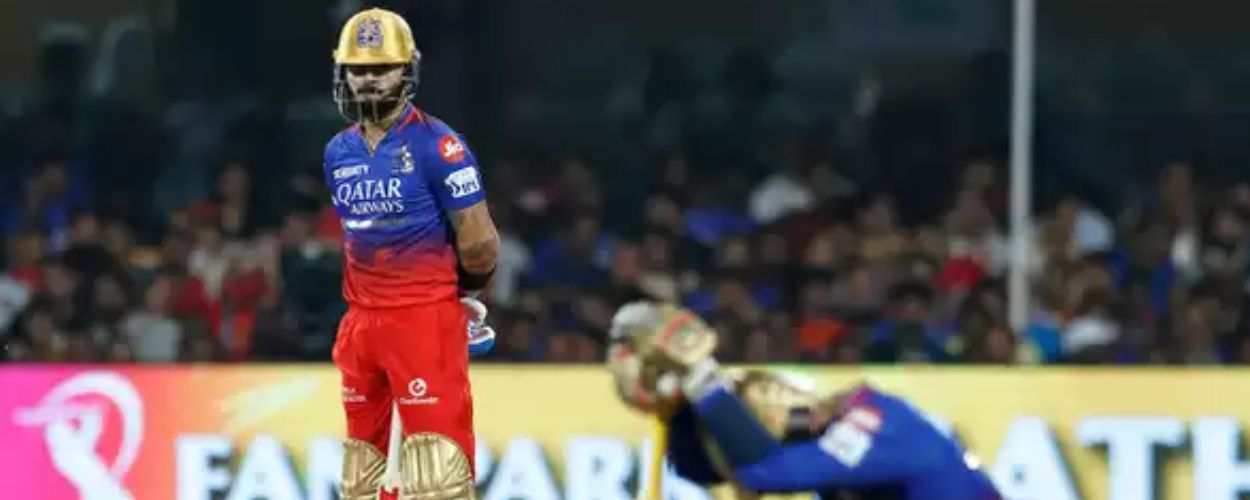Understanding the Registered Available Player Pool (RAPP)
To facilitate player replacements, the BCCI has introduced the Registered Available Player Pool (RAPP), which includes players who were part of the auction but went unsold. If a team needs a replacement, it can only pick a player from this pool. However, players signed as net bowlers by a franchise do not have any contractual priority and must be released if another team wants to sign them as an official replacement.
When Can a Team Sign a Partial Replacement?
1. Short-Term Wicketkeeper Replacements
A franchise can temporarily sign a player only if all its wicketkeepers are unavailable due to injury or other reasons. The team must seek BCCI approval, and the replacement will remain in the squad only until any of the original wicketkeepers become available again. Notably, if the unavailable wicketkeeper is an overseas player and the team has already filled its quota of eight overseas players, the replacement must be a domestic player.
2. Season-Ending Injuries
A franchise can replace a player suffering from a season-ending injury or illness if the following conditions are met:
- The injury occurs before or during the team’s 12th league match.
- A BCCI-nominated doctor confirms that the injury will keep the player out for the remainder of the season, including playoffs.
- The player would have been available for all remaining matches if not for the injury.
- The injured player cannot return to play for the team in that season.
Other Replacement Conditions
Apart from the above exceptions, a replacement is only allowed if a player is entirely unavailable for the entire season due to:
- International commitments (FTP obligations)
- Lack of a No Objection Certificate (NOC) from the player’s board
- Certified injury or illness
- Retirement from all forms of professional cricket
- Any other BCCI-approved valid reason
A team can only sign one replacement per unavailable player and must ensure compliance with squad composition regulations.
Financial and Contractual Implications
- The salary of a replacement player must not exceed that of the injured/unavailable player.
- The amount paid is adjusted based on the matches left in the season.
- The replacement player’s fee does not count towards the team’s salary cap for that season.
- If the replacement player’s contract is extended for the next season, it will be included in the salary cap.
Process for Signing a Replacement Player
Before signing a replacement, the franchise must:
- Submit a request to the BCCI with all relevant details.
- Await approval from the BCCI before finalizing the deal.
- Ensure compliance with IPL squad regulations and salary cap rules.
Has This Rule Ever Been Used?
Despite being in place for several seasons, no IPL franchise has utilized this extraordinary wicketkeeper replacement provision in the league’s history. However, the BCCI has ensured that teams have a mechanism in place should such a situation arise.
With these rules, the BCCI maintains squad stability while allowing flexibility in genuine cases of unavailability, ensuring a fair and competitive IPL season.
